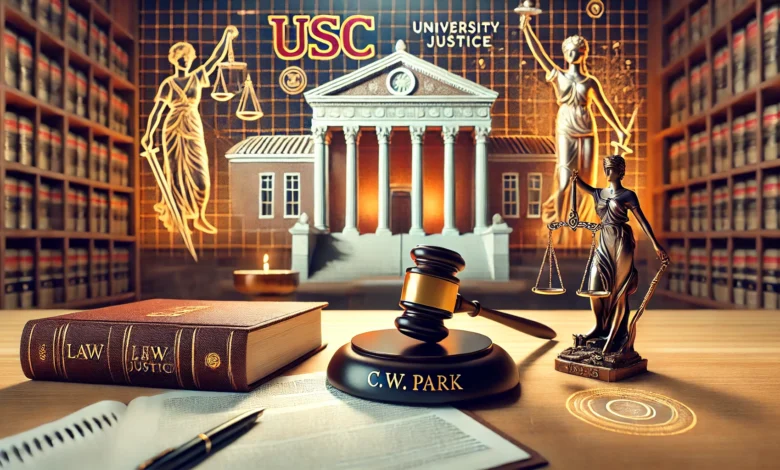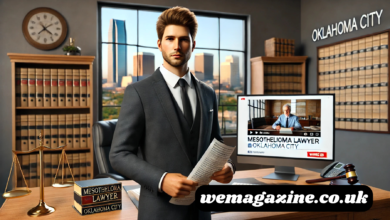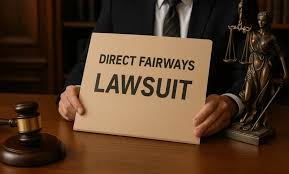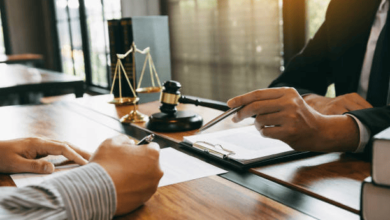Unraveling the C.W. Park USC Lawsuit: A Deep Dive into Academic Controversy

The academic world is no stranger to disputes, but some cases stand out due to their complexity and the questions they raise about institutional practices. One such case is the lawsuit involving Dr. Choong Whan Park, commonly known as C.W. Park, and the University of Southern California (USC). This legal battle has garnered significant attention, shedding light on issues of academic freedom, institutional accountability, and the dynamics within higher education.
Background of Dr. C.W. Park and His Tenure at USC
Dr. C.W. Park is a distinguished scholar in the field of marketing, renowned for his extensive research and contributions to consumer behavior studies. He joined USC’s Marshall School of Business in 1997, bringing with him a wealth of experience and a reputation for academic excellence. Over the years, Dr. Park became a prominent figure at USC, holding the position of director at the Global Branding Center and mentoring numerous students.
His tenure at USC was marked by significant achievements, including numerous publications in esteemed journals and recognition for his research on brand attachment and consumer decision-making. Dr. Park’s work not only advanced academic understanding but also had practical implications for marketing strategies in various industries.
The Emergence of Allegations and the Initiation of Legal Proceedings
The controversy began when allegations of academic misconduct were raised against Dr. Park. These allegations centered on claims of research misconduct and plagiarism in his published works. In response, USC initiated an investigation into the matter, which ultimately led to Dr. Park’s termination from his position at the Marshall School of Business.
In November 2023, Dr. Park filed a lawsuit against USC, alleging wrongful termination, breach of contract, and violation of academic freedom. He contended that the university’s investigation lacked procedural fairness and that his dismissal was unjustified. The lawsuit brought to the forefront critical issues regarding due process and the rights of faculty members within academic institutions.
Key Allegations in the Lawsuit
Dr. Park’s lawsuit against USC encompasses several key allegations:
- Wrongful Termination: Dr. Park asserts that his dismissal was unjust and not based on valid grounds. He argues that the university failed to follow proper procedures and did not provide sufficient evidence to warrant his termination.
- Breach of Contract: The lawsuit claims that USC violated the terms of Dr. Park’s employment contract. This includes allegations that the university did not adhere to its own policies and procedures in handling the investigation and subsequent termination.
- Violation of Academic Freedom: Dr. Park contends that his dismissal infringed upon his academic freedom, a fundamental principle that allows scholars to pursue research and express ideas without fear of retribution.
These allegations raise important questions about the balance between institutional oversight and the rights of faculty members, as well as the processes in place to address allegations of misconduct within academic settings.
USC’s Response to the Allegations
In response to the lawsuit, USC has maintained that its actions were justified and in accordance with university policies. The university asserts that the investigation into Dr. Park’s conduct was thorough and that his termination was based on substantial evidence of academic misconduct.
USC emphasizes its commitment to upholding academic integrity and asserts that it followed due process in handling the allegations against Dr. Park. The university’s stance highlights the challenges institutions face in balancing the enforcement of ethical standards with the protection of individual rights.
Implications for Academic Freedom and Institutional Accountability
The lawsuit has sparked a broader discussion about academic freedom and institutional accountability. Academic freedom is a cornerstone of higher education, allowing scholars to explore ideas and conduct research without undue interference. However, this freedom comes with the responsibility to adhere to ethical standards and maintain the integrity of scholarly work.
The case also underscores the importance of transparent and fair procedures in addressing allegations of misconduct. Institutions must ensure that investigations are conducted impartially and that individuals have the opportunity to respond to allegations against them. The outcome of this lawsuit could have significant implications for how universities navigate the complex interplay between upholding academic standards and protecting the rights of faculty members.
The Broader Context: Similar Cases in Academia
The issues raised in the C.W. Park lawsuit are not isolated. Academic institutions worldwide have faced challenges in handling allegations of misconduct while safeguarding academic freedom. Similar cases have highlighted the need for clear policies and procedures that balance the enforcement of ethical standards with the protection of individual rights.
For instance, other universities have grappled with controversies involving allegations of research misconduct, leading to debates about the adequacy of institutional responses and the impact on academic freedom. These cases illustrate the complexities involved in maintaining the integrity of academic work while ensuring fair treatment of faculty members.
Potential Outcomes and Future Implications
As the legal proceedings continue, several potential outcomes could emerge:
- Settlement: The parties may reach a settlement agreement, which could include financial compensation and possible reinstatement or other remedies.
- Court Ruling: If the case proceeds to trial, the court’s decision could set a precedent for how similar cases are handled in the future, influencing policies related to academic freedom and institutional accountability.
- Policy Reforms: Regardless of the outcome, the lawsuit may prompt universities to re-evaluate and strengthen their policies and procedures concerning academic misconduct and the protection of faculty rights.
The case serves as a reminder of the delicate balance that academic institutions must maintain between enforcing ethical standards and upholding the principles of academic freedom.
Conclusion
The C.W. Park USC lawsuit brings to light critical issues within the academic community, including the enforcement of ethical standards, the protection of academic freedom, and the responsibilities of institutions in handling allegations of misconduct. As the case unfolds, it will likely prompt ongoing discussions and reflections on how best to navigate these complex and often competing interests within higher education.
The outcome of this lawsuit could have far-reaching implications, potentially influencing how universities across the globe address similar challenges in the future. It underscores the need for transparent, fair, and consistent procedures that uphold the integrity of academic work while protecting the rights and freedoms of scholars.



